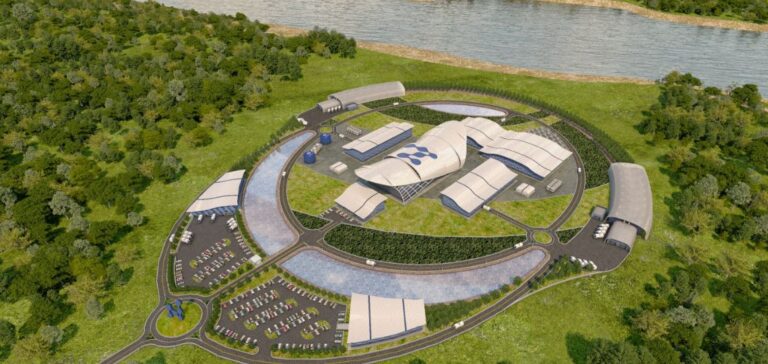Utah is accelerating the deployment of Small Modular Reactor (SMR) technology following several recent agreements involving major regional and industrial partnerships. These developments have positioned this American state at the center of an innovative energy strategy aimed at diversifying its electricity production sources. The clearly stated objective by local authorities is to strengthen regional energy infrastructure by encouraging the installation of advanced nuclear reactors capable of gradually replacing older power plants. To achieve this, the state has launched numerous concrete initiatives aimed at creating an attractive industrial and regulatory ecosystem around SMRs.
Interstate Agreement for a Common Energy Strategy
The governors of neighboring Idaho, Wyoming, and Utah signed a regional memorandum of understanding facilitating interstate cooperation in the energy sector, with particular attention given to modular nuclear technology. The agreement aims to harmonize regulatory frameworks and pool technical resources among the three states involved. Specifically, the authorities have committed to working together to resolve operational and infrastructural challenges related to the rapid development of this technology. The agreement also outlines coordinated actions to optimize the integration of SMRs into existing regional power grids.
Additionally, Utah has signed a strategic memorandum of understanding with Idaho National Laboratory (INL), renowned for its research in advanced nuclear energy. This partnership primarily aims to accelerate applied research, support specialized workforce training, and enhance regional technical capabilities for managing these new installations. The national laboratory will thus contribute its technical expertise, particularly in the fields of nuclear safety and technological innovations.
Industrial Partnership with Holtec International
The private sector also plays a central role in expanding the SMR sector in Utah, notably through the recent announcement of a major partnership between the state, the American company Holtec International, and the firm Hi Tech Solutions. This collaboration includes the deployment of Holtec’s SMR-300 modular reactor, aiming to establish a local industrial production chain to supply reactors throughout the region. The plan also involves the construction of a permanent professional training center, operational by 2028, to support rapid sector growth.
Finally, EnergySolutions and Intermountain Power Agency are currently studying the feasibility of establishing one or several SMRs on the site of the existing coal-fired power plant located in Delta, Utah. This approach aims to optimize costs by utilizing existing infrastructure while preparing for a technological transition toward nuclear power. This strategy could serve as a relevant industrial conversion model for other American states facing the gradual closure of aging energy facilities.
These new measures highlight Utah’s ambition to become indispensable in the emerging SMR sector, providing investors and industries greater visibility into the economic potential of these advanced technologies. Energy sector stakeholders are closely monitoring the evolution of these initiatives, aware of the substantial economic opportunities that could arise from a successful large-scale deployment.






















